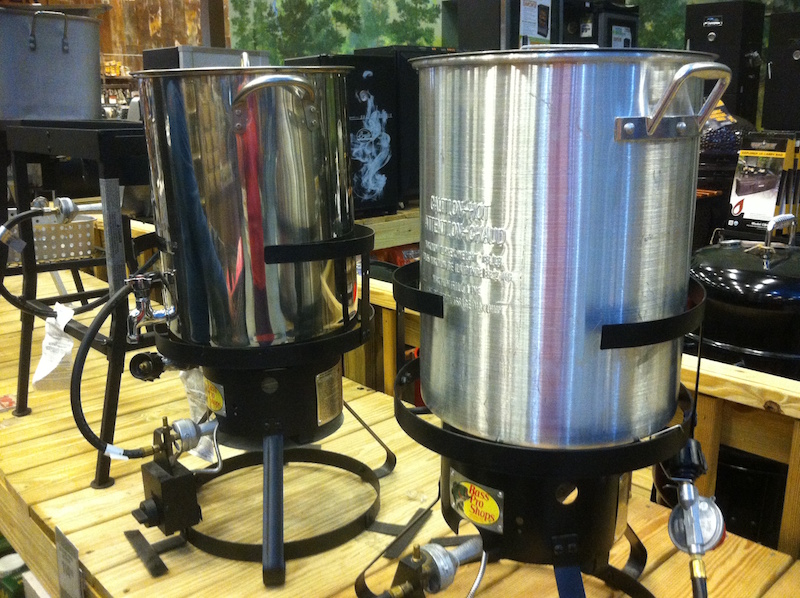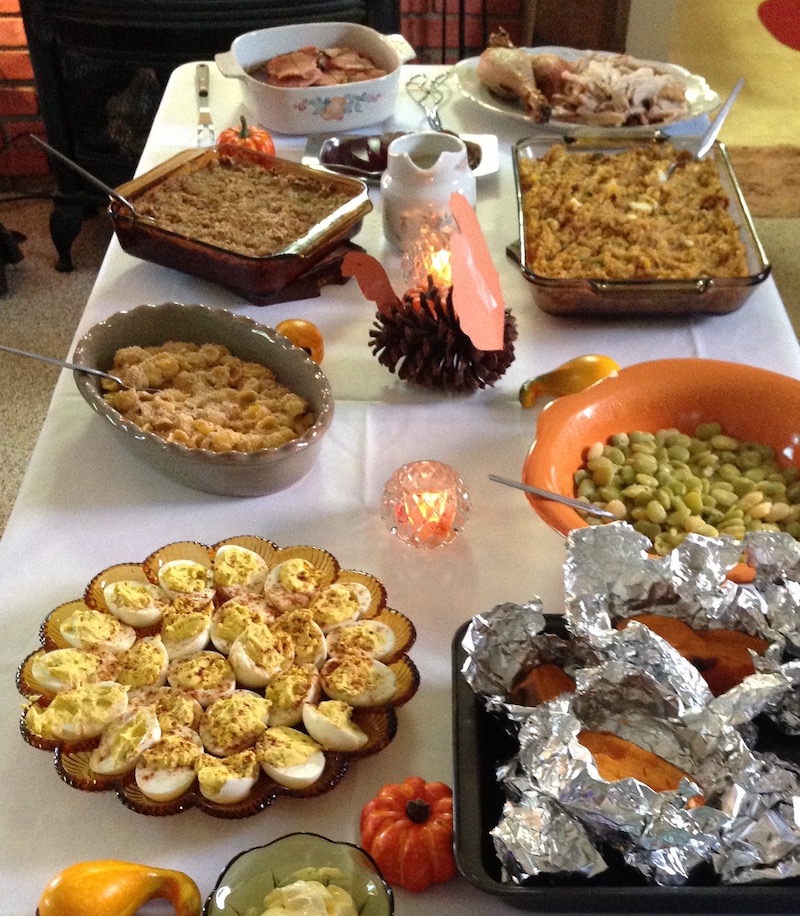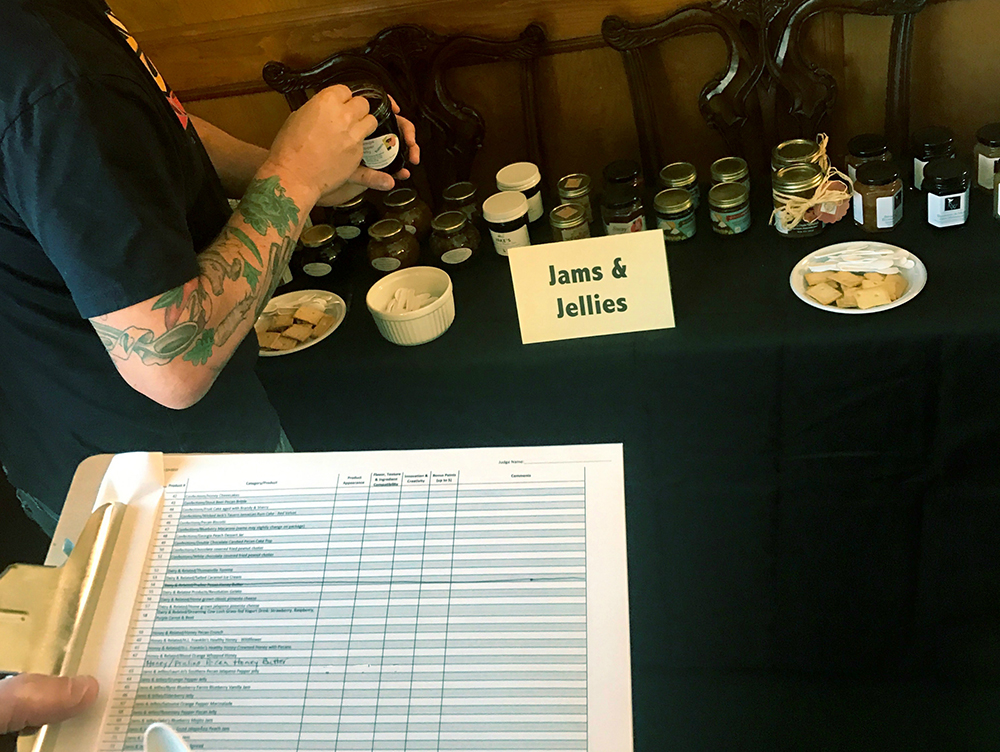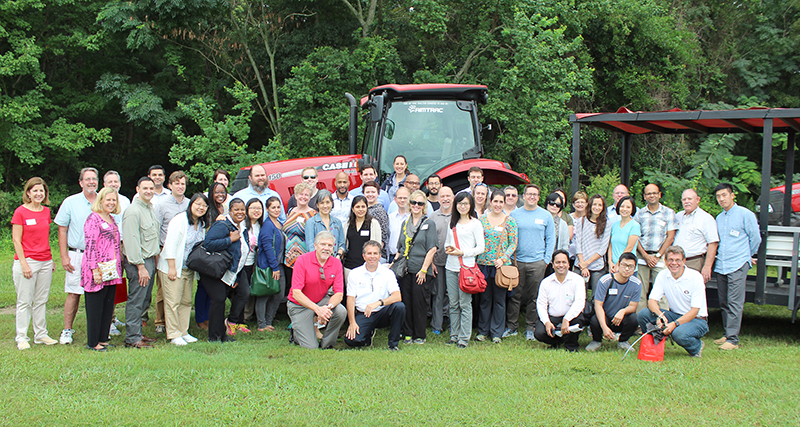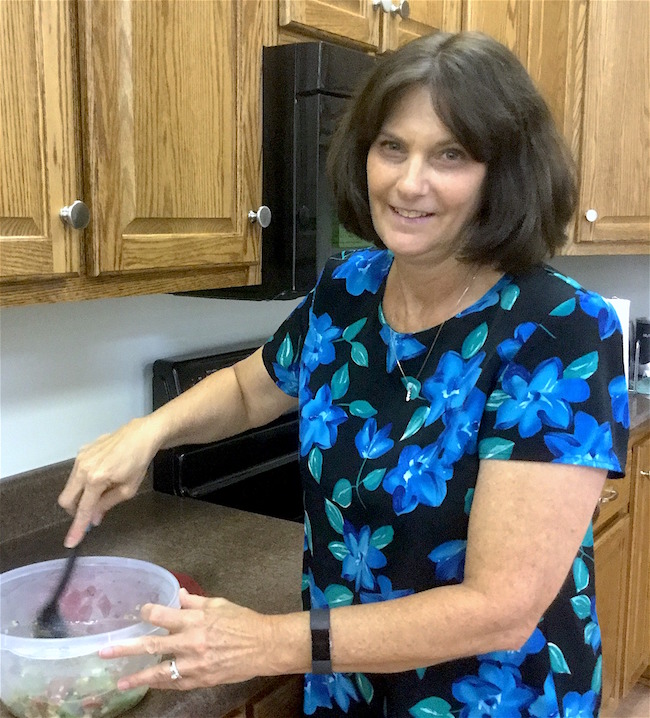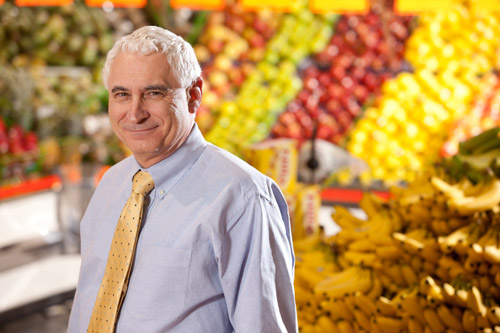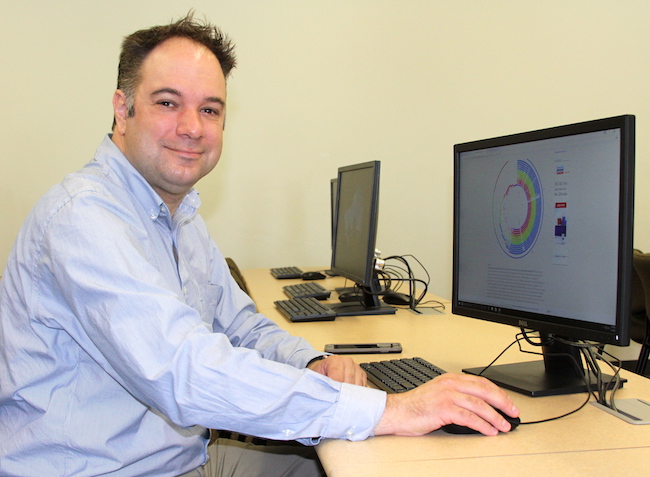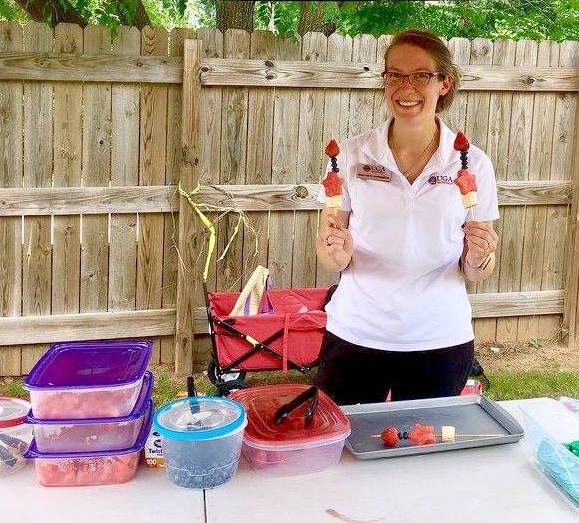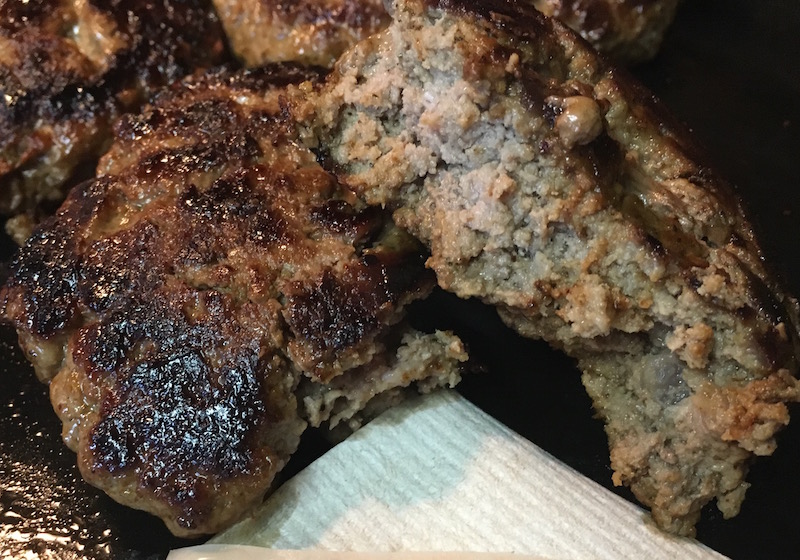 CAES News
CAES News
Turkey or Beef?
Turkey burgers, turkey meatballs, turkey tacos and other dishes made with ground turkey are popping up on restaurant menus, food blogs and in cookbooks as seemingly healthy alternatives to their beef counterparts. But is turkey recommended over beef and other red meats? Is turkey always the best choice?

